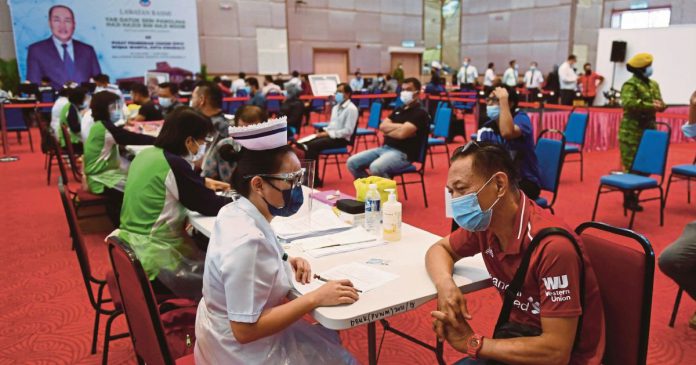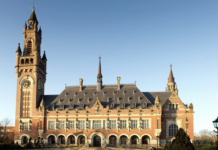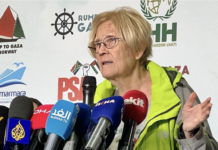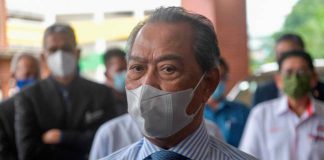KOTA KINABALU, Aug 11 — The Sabah government is ramping up COVID-19 vaccination in the state in an effort to achieve herd immunity before October, said state Local Government and Housing Minister Datuk Masidi Manjun.
He said as of yesterday, 42 per cent of Sabah residents have received their first dose of vaccination while 18.4 per cent have completed both shots.
The Sabah COVID-19 spokesman said to boost the vaccination rate in the state, large companies were buying vaccines themselves to administer to their workers and were not waiting for free vaccines from the state government.
“The state government encourages these companies to donate the vaccines to their workers as this will enable the companies to resume operations after all their workers have completed their vaccination.
“Companies especially plantation firms are also encouraged to implement corporate social responsibility programmes by providing vaccinations for the sake of their workers’ welfare,” he said in a statement tonight.
Masidi said 1.5 million vaccine doses would be sent in stages to Sabah this month but the state government, through government-linked companies (GLCs), is prepared to purchase vaccines if there is a shortage in supply.
“Each COVID-19 Immunisation Task Force district chairman has been ordered to implement vaccination efforts to achieve the daily immunisation quota set so that immunsation goals are not affected should several districts fail to achieve their daily vaccination targets,” he said.
He said the state government will ask GLCs to use part of their profits to purchase vaccines for the use of their staff and donate the balance to the public.
He explained that state-owned Qhazanah Sabah Sdn Bhd (Warisan Harta SB) has been appointed by Pharmaniaga Bhd as the Sinovac sales representative in Sabah and companies that wish to purchase the vaccine can contact Qhazanah Sabah directly.
Also, Masidi said Sabah recorded 1,514 new COVID-19 cases today, with 925 cases or 61 per cent detected through close contact screenings, 331 cases or 21.8 per cent through symptomatic screenings and the rest from screenings of existing clusters.



















